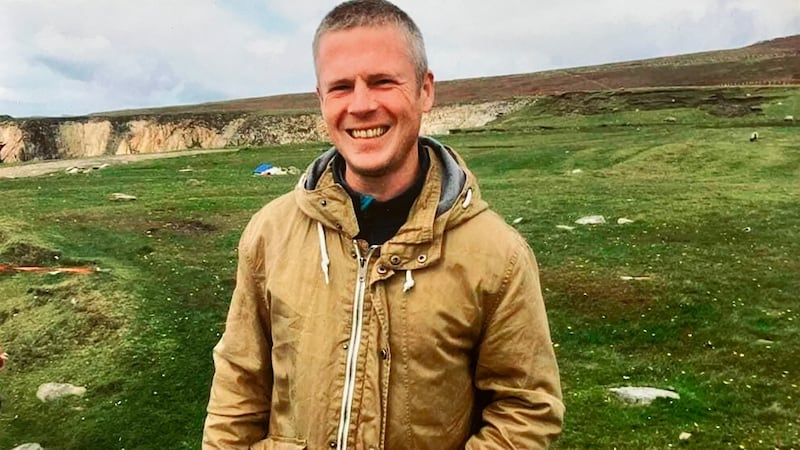The Garda sergeant who took his own life in Ballyshannon, Co Donegal last month believed his career was over, the general secretary of the Association of Garda Sergeants and Inspectors (Agsi) John Redmond has claimed.
Mr Redmond said Sgt Michael Galvin thought he was facing five years in jail after being questioned by the Garda Síochána Ombudsman Commission (Gsoc) and had “changed completely” because of the inquiry into his actions during an incident in January.
"He was consumed by the investigation," Mr Redmond told the Today with Seán O'Rourke programme on RTÉ Radio 1. "He felt his job was gone, he felt his reputation was gone, and worse than that, he felt he was going to face up to five years in prison."
Minister for Justice Frances Fitzgerald has announced an inquiry into the case by an independent judicial figure, in accordance with section 109 of the Garda Síochána Act 2005, into the conduct of the original Gsoc investigation into the death of Sgt Galvin.
The Garda Representative Association (GRA) said there were concerns within the force that stress endured by Sgt Galvin following the Gsoc inquiry may have influenced his decision to take his own life.
Mr Redmond explained how Sgt Galvin had given a witness statement as part of the investigation into the death Sheena Stewart in Ballyshannon, Co Donegal on January 1st, 2015.
Gsoc contacted Sgt Galvin to tell him he was under investigation after a discrepancy emerged between his account and the CCTV footage of Ms Stewart .
The discrepancy that arose related to whether Ms Stewart was on the pavement or the road when Sgt Galvin and his colleagues drove on to an unrelated call-out. Sgt Galvin told Gsoc that she was on the pavement.
“As a result of that anomaly we believe that was the trigger for Gsoc to investigate Michael for perverting the course of justice,” Mr Redmond said.
After his interview with Gsoc, Sgt Galvin told his wife he believed his career was over, Mr Redmond said.
“He felt that his reputation was shot... he wouldn’t be able to provide for his family. And this was a man who prided himself on being an honest, decent, honourable individual in the community and in his home life.”
Mr Redmond said Sgt Galvin received peer support and reassurance from Agsi’s legal advocates and the organisation’s solicitor, Michael Hegarty, following the interview.
Mr Hegarty told RTÉ Radio he had reassured Sgt Galvin there was no basis for a criminal investigation and that he did “absolutely nothing” wrong.
Mr Redmond criticised the “technicalities” of the original GSOC inquiry which he said turned straight into a criminal investigation. He added that after 22 years with the Garda Síochána, Sgt Galvin was familiar with the law.
“He was familiar with interviewing persons suspected of carrying out offences and crimes and it was serious enough that he came away in such a state following that interview,” he said.
“It needs to be established exactly what happened in that interview.”








